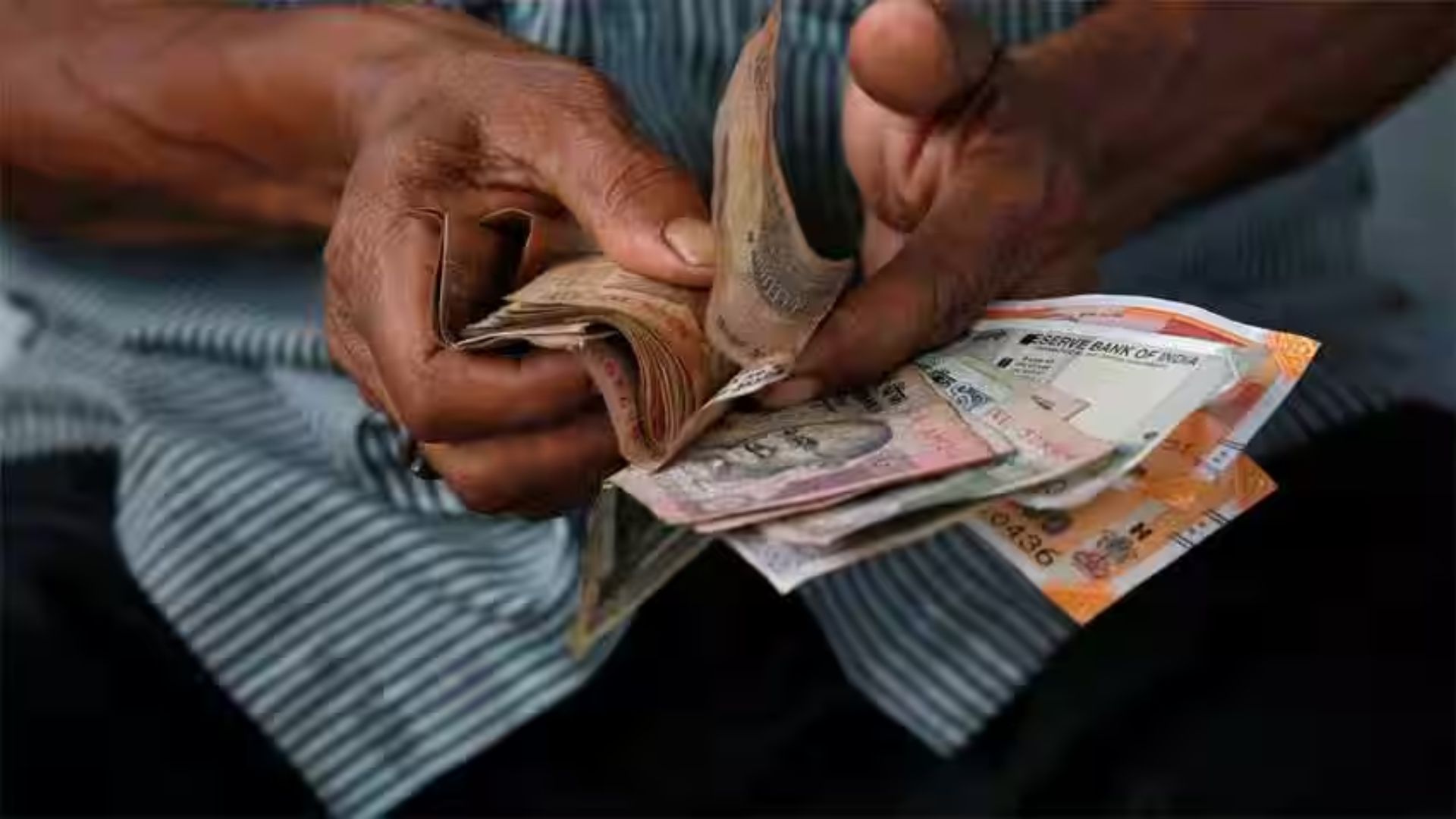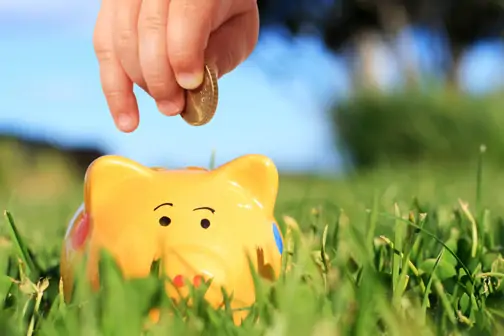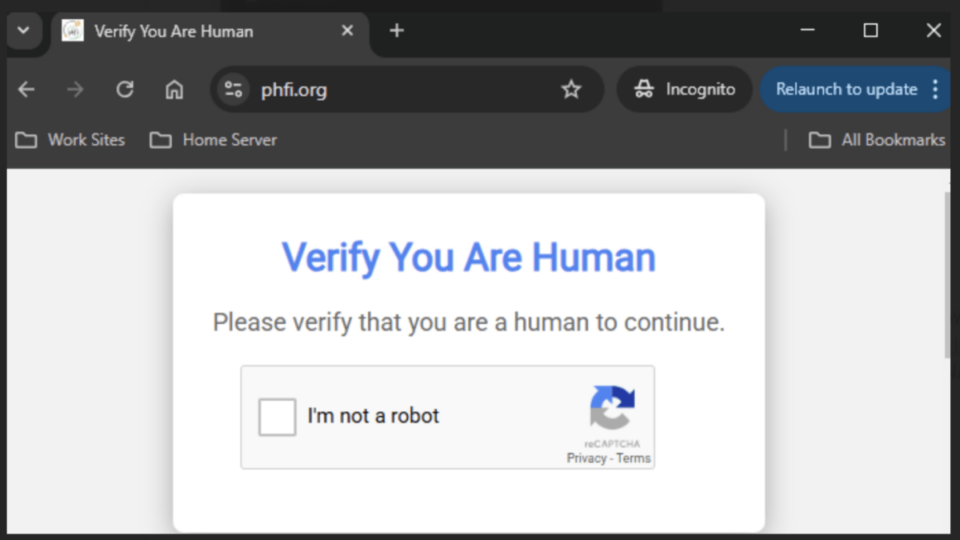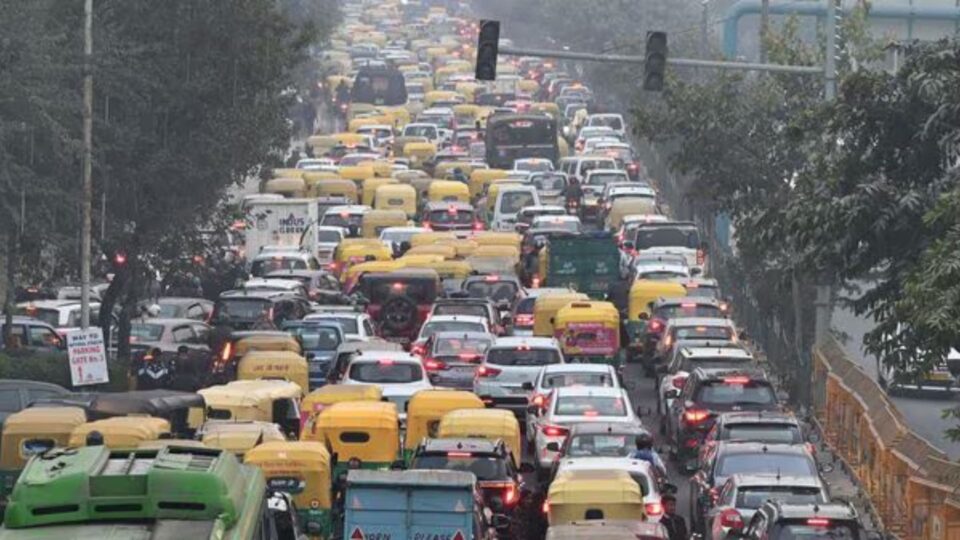
Worry Less And Exchange Your Damaged Notes Easily
Many people are concerned about whether banks would accept torn or damaged notes. Individuals should not be concerned, since one can exchange their dirty, damaged, or defective notes at any bank in the country. However, the laws differ depending on whether the transaction is for a small quantity or in volume.
Solid VS Mutilated Notes
Soiled notes are money that has grown soiled as a result of constant usage, including notes made up of two pieces glued together that belong to the same note and retain all key qualities. These notes can be exchanged for government dues at bank counters or deposited into public bank accounts.
Mutilated notes have missing sections or are composed of more than two components. Banks accept them in their branches to prevent private money changers and dealers from monopolizing exchange services.
Bank branches will not accept notes that are excessively fragile, burned, charred, or inseparably glued together and unable to bear regular handling. Holders must submit them to the Reserve Bank of India (RBI) for review via a particular procedure.
Exchange Limits
Banks provide free over-the-counter services to consumers who exchange up to 20 notes worth Rs 5,000 every day. For sums more than this, banks accept the notes against receipt and impose service fees. Precautions are taken for payments over Rs 50,000.
Exchange Of Mutilated Or Damaged Notes
Non-chest branches will evaluate and pay for up to five damaged notes over the counter. If they are unable to make a decision, the notes are submitted to the appropriate currency vault branches for assessment. The individual is given a receipt with the predicted payment date (within 30 days) and requested for bank account information for electronic crediting.
For Bulk Exchange – According to the RBI’s Master Circular (April 1, 2022), people can submit more than five notes (up to Rs 5,000 in value) to adjacent currency chest branches by insured post, along with bank account information for electronic crediting.
Individuals who have more than Rs 5,000 should visit currency chest branches directly. The exchange value is credited electronically within 30 days of receiving the notes.



